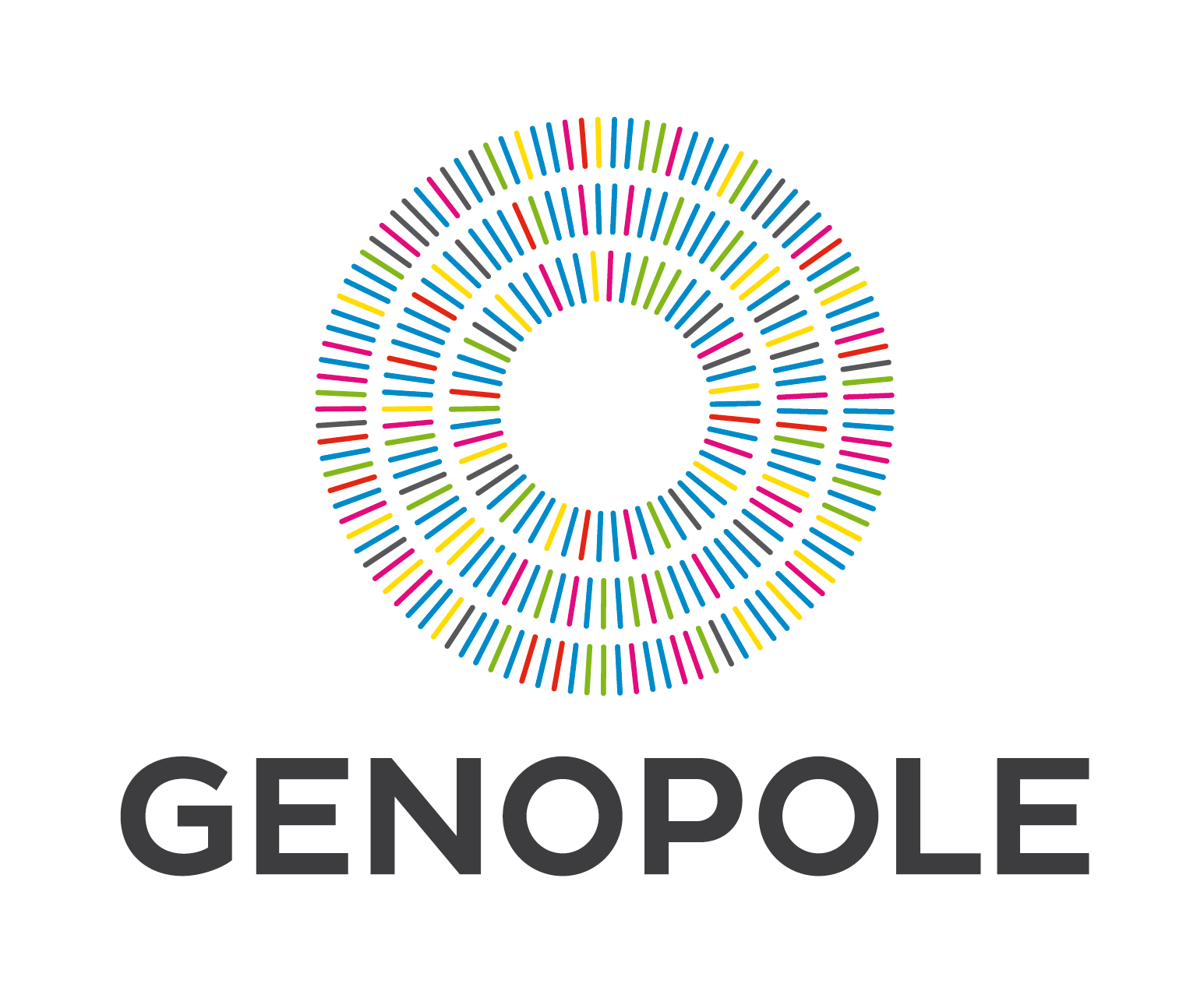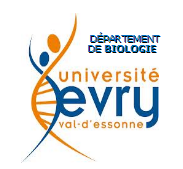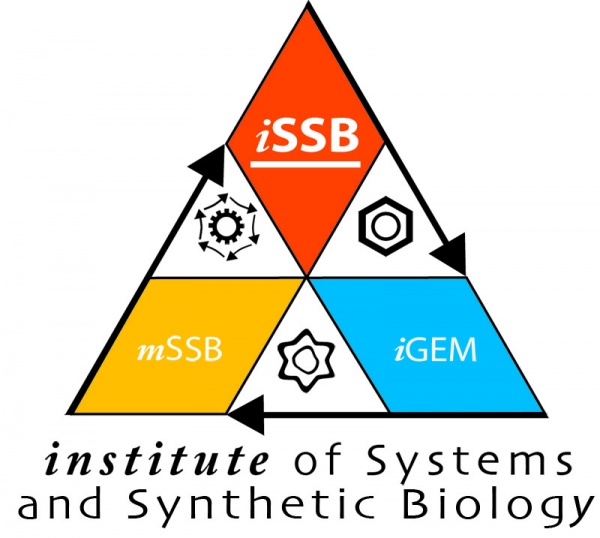Team:Evry
From 2013.igem.org
m |
|||
| Line 9: | Line 9: | ||
<div align="center"><img src='https://static.igem.org/mediawiki/2013/2/25/IronLogo.png' width="20%"/></div> | <div align="center"><img src='https://static.igem.org/mediawiki/2013/2/25/IronLogo.png' width="20%"/></div> | ||
| - | |||
| - | |||
| - | |||
| - | |||
| - | |||
| - | |||
<h3>Abstract</h3> | <h3>Abstract</h3> | ||
| Line 30: | Line 24: | ||
</p> | </p> | ||
| - | |||
| - | |||
| - | |||
| - | |||
| - | |||
| - | |||
| - | |||
| - | |||
| - | |||
| - | |||
| - | |||
| - | |||
| - | |||
| - | |||
</div> | </div> | ||
Revision as of 17:53, 20 September 2013
Welcome to the Iron coli Project Home Page

Abstract
This year, our project focuses on hematological disorders. More specifically, we focus on diseases caused by an iron overload such as hemochromatosis and thalassemia. For hereditary hemochromatosis, the symptoms are due to the overabsorption of iron from the duodenum by the mutation of the HFE protein. However, in case of thalassemia, patients excessively absorb iron because of a subsequent metabolic perturbation.
Nowadays, iron overload is mainly treated by bloodlettings for hemochromatosic patients but cannot be extended to thalassemic patients who suffer from anaemia. The aim of our project is to prevent the intestinal absorption of iron, thus acting directly at the source of the disease.
Using the Ferric Uptake Regulation (FUR) system that controls siderophore biosynthesis (iron chelator), we engineer Escherichia coli in order to produce these siderophores in response of high concentrations of iron. To reduce the patient's iron absorption, our bacteria will be placed in a capsule and will be ingested during a meal. Once it will arrive in the duodenum, our bacteria will produce the siderophore at their full potential and chelate the iron.
 "
"













